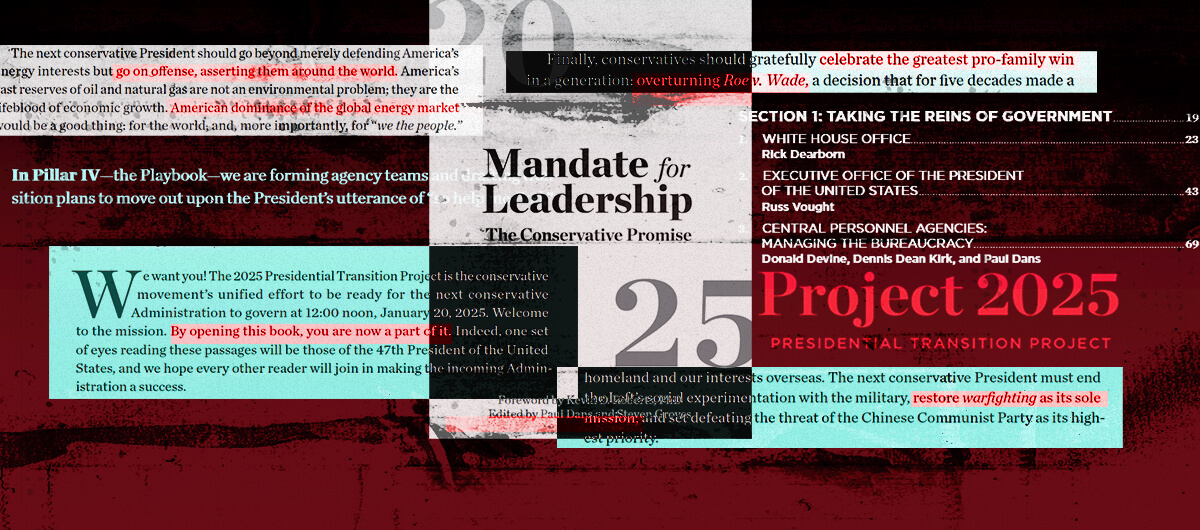mycorrhiza they/them
- 2 Posts
- 10 Comments
 1·1 year ago
1·1 year agoit appears to have been mutually understood
After the Seige of Perekop, Makhno’s aide-de-camp Grigori Vassilevsky, announced the agreement was over:
That’s the end for the agreement! Take my word for it, within one week the Bolsheviks are going to come down on us like a ton of bricks!
— Grigori Vassilevsky, quoted in the same book
 1·1 year ago
1·1 year agoHere is Makhno in 1920 after agreeing to a temporary ceasefire:
"Military hostilities between the Makhnovist revolutionary insurgents and the Red Army have ceased. Misunderstandings, vagueness and inaccuracies have grown up around this truce: it is said that Makhno has repented of his anti-Bolshevik acts, that he has recognized the soviet authorities, etc. How are we to understand, what construction are we to place upon this peace agreement?
What is very clear already is that no intercourse of ideas, and no collaboration with the soviet authorities and no formal recognition of these has been or can be possible. We have always been irreconcilable enemies, at the level of ideas, of the party of the Bolshevik-communists.
We have never acknowledged any authorities and in the present instance we cannot acknowledge the soviet authorities. So again we remind and yet again we emphasize that, whether deliberately or through misapprehension, there must be no confusion of military intercourse in the wake of the danger threatening the revolution with any crossing-over, ‘fusion’ or recognition of the soviet authorities, which cannot have been and cannot ever be the case."
— quoted in Nestor Makhno: Anarchy’s Cossack, a pro-Makhno book
fucking communist countries have killed how many millions of their own citizens
Most of these articles cite the Black Book of Communism, which goes to absurd lengths to inflate the death toll of Communism, for example counting all the millions of nazi and soviet soldiers killed on the eastern front as victims of communism, counting the entire death toll of the Vietnam war, and even counting declining birth rates as deaths due to communism.
Noam Chomsky used the same methodology to argue that, according to Black Book logic, capitalism in India alone, from 1947–1979, could be blamed for more deaths than communism worldwide from 1917–1979.
https://web.archive.org/web/20160921084037/http://www.spectrezine.org/global/chomsky.htm
The obvious context of this meme is articles that express the “consensus opinion of the international community” on some foreign issue. Like “international community condemns antisemetic criticism of Israel.” Or “international community condemns Niger coup, calls for original government to be reinstated so France can keep buying cheap Uranium from the second poorest country on the planet.”

 01·1 year ago
01·1 year agohexbear had an entire thread with hundreds of comments where they all agreed they hated trump and viewed him as an odious fascist
https://lemmy.ml/post/4040923?scrollToComments=true
The closest thing you find to support for trump in there is some of them thinking he is a less effective imperialist.

 0·1 year ago
0·1 year agoA well thought through decision that gives no examples or arguments?
With the timing, I have to assume the reason is “they support Palestine.”
https://www.amnesty.org/en/latest/campaigns/2017/11/the-occupation-of-water/
In November 1967 the Israeli authorities issued Military Order 158, which stated that Palestinians could not construct any new water installation without first obtaining a permit from the Israeli army. Since then, the extraction of water from any new source or the development of any new water infrastructure would require permits from Israel, which are near impossible to obtain. Palestinians living under Israel’s military occupation continue to suffer the devastating consequences of this order until today. They are unable to drill new water wells, install pumps or deepen existing wells, in addition to being denied access to the Jordan River and fresh water springs. Israel even controls the collection of rain water throughout most of the West Bank, and rainwater harvesting cisterns owned by Palestinian communities are often destroyed by the Israeli army. As a result, some 180 Palestinian communities in rural areas in the occupied West Bank have no access to running water, according to OCHA. Even in towns and villages which are connected to the water network, the taps often run dry.
[…]
In Gaza, some 90-95 per cent of the water supply is contaminated and unfit for human consumption. Israel does not allow water to be transferred from the West Bank to Gaza, and Gaza’s only fresh water resource, the Coastal Aquifer, is insufficient for the needs of the population and is being increasingly depleted by over-extraction and contaminated by sewage and seawater infiltration.
The resulting disparity in access to water between Israelis and Palestinians is truly staggering. Water consumption by Israelis is at least four times that of Palestinians living in the OPT. Palestinians consume on average 73 litres of water a day per person, which is well below the World Health Organization’s (WHO) recommended daily minimum of 100 litres per capita. In many herding communities in the West Bank, the water consumption for thousands of Palestinians is as low as 20 litres per person a day, according to the United Nations Office for the Coordination of Humanitarian Affairs (OCHA). By contrast, an average Israeli consumes approximately 300 litres of water a day.

 1·1 year ago
1·1 year agoCPR absolutely does save lives. The success rate outside hospitals is around 10%. That’s thousands of lives saved every year.

 0·1 year ago
0·1 year agoI think the average person can tell what’s going on if they see someone prone on the ground and someone doing chest compressions.





libs: this man will be the next hitler
also libs: I stand with trump after this appalling act